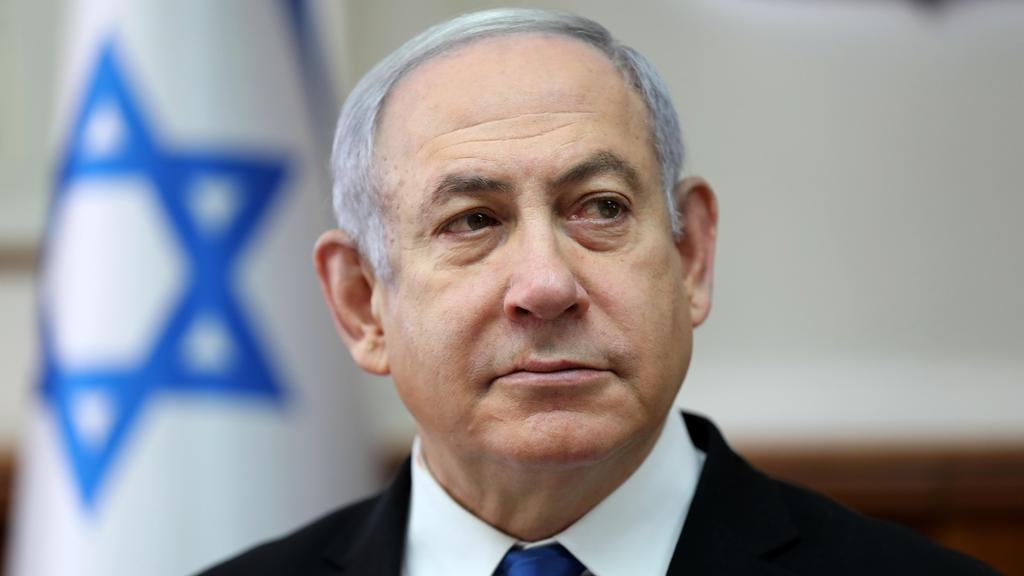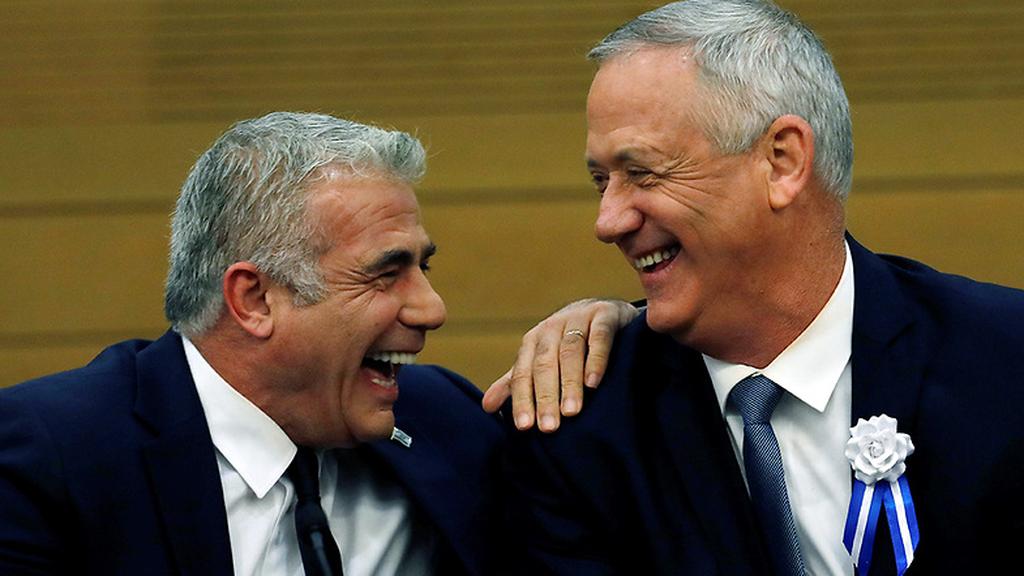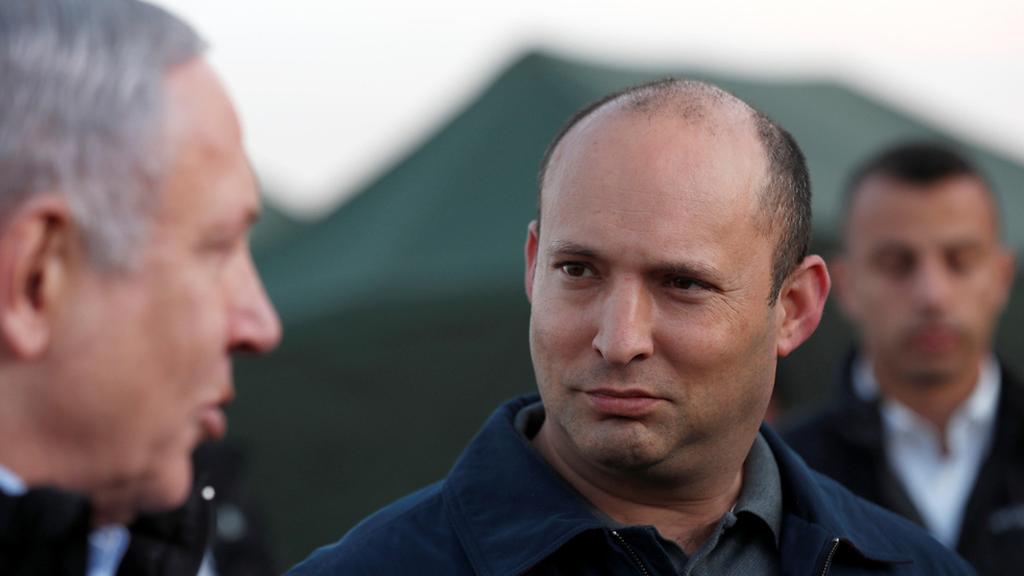Getting your Trinity Audio player ready...
Even though everybody in the Knesset kept preaching to us about their efforts to prevent a third round of elections in less than a year, it seems that Israel is going to the polls yet again, and there are those who are set to gain from it.
In addition to his failed attempts to form a coalition in the two previous rounds of elections, Prime Minister Benjamin Netanyahu was indicted last month on suspicions of fraud and breach of trust.
Due to the lack of government, the Knesset can't convene, and as a result, they can't form the Knesset House Committee that debates whether the PM has a right to immunity, meaning that Netanyahu's prosecution is on hold.
According to Blue and White, this is exactly why Netanyahu doesn't want a unity government.
"Netanyahu has proven once again that immunity comes before the wellbeing of Israel," said Blue and White leader Benny Gantz.
Yair Lapid, Blue and White's number two, is also set to benefit from the recent stagnation inflicting the political system.
Lapid announced two months ago that he's relinquishing his claim on a rotation agreement he made with Gantz in favor of a unity government.
This means that if Blue and White does succeed in forming a coalition with Likud, Lapid's chances of serving as prime minister are non-existent.
In the case of a third round of elections, Blue and White will have a new opportunity to try to form a coalition without Likud, and on the slim chance they actually succeed, the original rotation agreement between Gantz and Lapid will remain in place.
According to Likud, this is the very reason why Lapid is staying Gantz's hand over forming a unity government with the ruling party.
"Gantz has, once again, proven that instead of putting Israel's needs first, he's putting Lapid's needs first," said Netanyahu.
Even though a decision on whether to hold primary elections in the Likud "has not yet been decided," according to Netanyahu's spokesman, Gideon Sa'ar, as Netanyahu's only rival in the possible primaries, is set to leverage himself as one of the Likud's strongest potential heirs.
If Netanyahu does indeed lead Likud into fresh elections, and like the first two rounds, fails to form a government, it will give Sa'ar the opportunity to solidify his position as the strongest candidate to replace Netanyahu.
New Right leader Naftali Bennett has recently become defense minister - a job he coveted for so long.
More elections will prolong his time in the post, helping him to establish himself as a strong leader and consequently aiding him in any political career he may choose to pursue in the future.
Avigdor Liberman and his Yisrael Beytenu party were the kingmakers in the second round of elections in September, a fact that didn't help them, the Likud, or Blue and White in the end.
Liberman might find that a third round of elections would leave him with substantially less power to affect the election's results, leaving him and his party politically weakened.
On the other hand, the fact that he stood his ground and didn't compromise his principles on matters of religion and state, might end up giving him more power in the polls.






